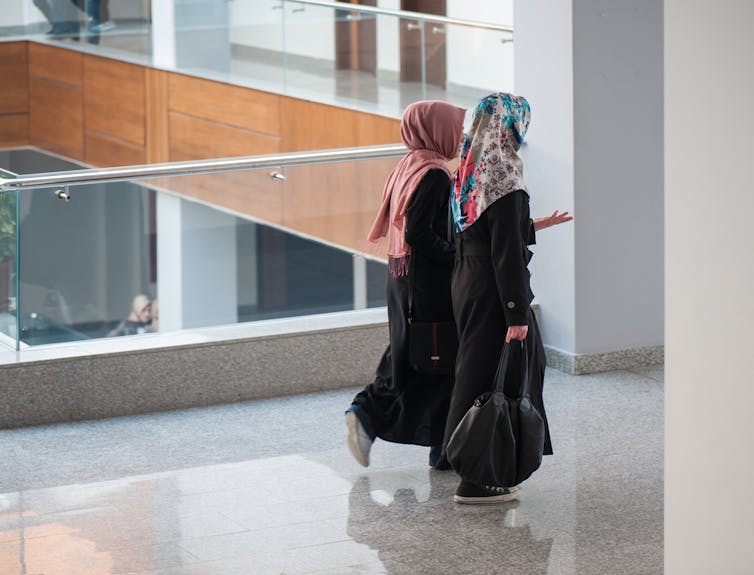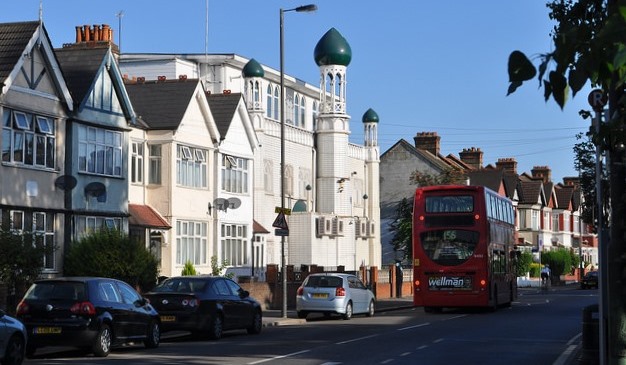
Dr Bahar Baser, Research Fellow at the Centre for Trust, Peace and Social Relations (Coventry University) and Associate Fellow at the Security Institute for Governance and Leadership in Africa (SIGLA) at Stellenbosch University.

Dr Aleksandra Lewicki, Postdoctoral Researcher at the Free University of Berlin and a member of the Centre for the Study of Ethnicity and Citizenship at the University of Bristol.
On Sunday, 16th April 2017, Turkish citizens are to decide in a referendum whether Turkey’s parliamentary republic will be turned into a presidential system. Representatives of the Turkish Government have been campaigning in favour of this constitutional reform in Turkey, and have also organized rallies in European countries, including Germany and the Netherlands. Although absentee voter turnout lingered at less than 10% in previous elections, the large diaspora vote can still have a detrimental impact on the results.
Some of the rallies in Europe were cancelled due to security concerns. President Erdoğan immediately associated these reactions with mounting Islamophobia across Europe. He accused German Chancellor Angela Merkel of ‘Nazi methods’ and suggested that ‘the spirit of fascism’ was ‘running rampant in Europe’. His ‘Yes’ Campaign appeals to anti-European sentiments and nourishes the “Sevres Syndrome”, whereby Erdoğan and the AKP present themselves as the alternative to those who threaten Turkey’s citizens’ interests and rights.
Chancellor Merkel, who relies on a deal with Turkey to keep the number of refugees arriving in Germany at its current low, rebuked such crude comparisons rather mildly as ‘unjustifiable’ and condemned the instrumentation of the victims of the National Socialist Regime. As national elections are coming up in September 2017, German political parties are worried of losing their voters to the right-wing populist Alternative für Deutschland (AfD), which successfully mobilized Islamophobic sentiments in 2016. Therefore, although anti-Muslim attitudes are indeed gaining in influence in Germany, initiatives to address Islamophobia hardly feature on the current Government’s political agenda or the election campaign. Continue reading →






